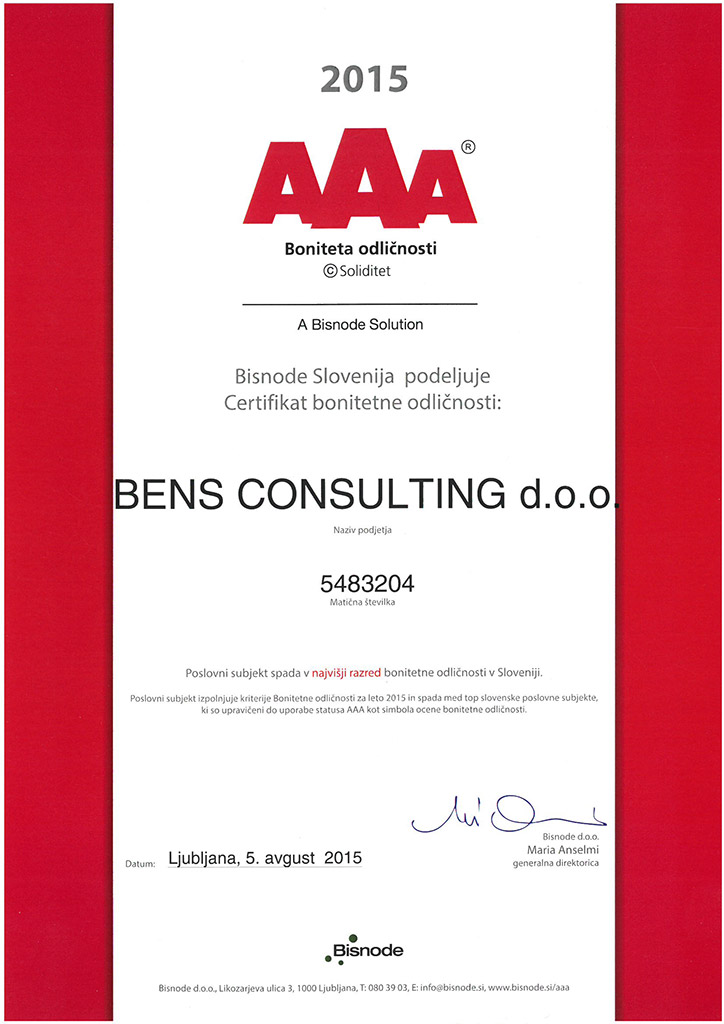If you import chemicals that are considered precursors, you are probably familiar with the special regime for importing these chemicals by now.
As this is a very demanding procedure, you will be pleased with the fact that it has been simplified. In accordance with the new interpretation of the regulations given by the competent authorities, the number of chemicals to which the procedure for the import of precursors is applied is being reduced.
Let us remind ourselves what precursors are and how they are regulated in Bosnia and Herzegovina.
According to the Law on Prevention and Suppression of Narcotic Drug Abuse (“Official Gazette of BiH”, No. 8/06):
“A precursor is any natural or artificial SUBSTANCE that can be used in the production of narcotic drugs or psychotropic substances, and which is included in the list of precursors in accordance with international conventions on drug control or based on the decision of the competent authority in Bosnia and Herzegovina”.
The list of controlled precursors is determined in Table IV of the List of Narcotic Drugs, Psychotropic Substances, Plants from Which Narcotic Drugs and Precursors Can Be Obtained (“Official Gazette of BiH”, No. 8/06 and 103/08).
Some of the precursors that are often used in industry are acetone, toluene, hydrochloric and sulfuric acid, and common ingredients are chemical mixtures used as paints, varnishes, adhesives, cleaners, toners and the like.
According to the current practice, for the import of precursors used for industrial purposes (non-medical use), in the form of SUBSTANCES or MIXTURES, it was necessary to obtain permits from the Ministry of Foreign Trade and Economic Relations of Bosnia and Herzegovina, as follows:
- a permit authorizing a company to conduct activities with precursors and
- a permit for importing individual precursors.
The permits are valid for six months, after which the procedure must be repeated. Given the extensive documentation required, this posed a major challenge for importers of precursors.
According to the new interpretation of the Ministry of Foreign Trade and Economic Relations of Bosnia and Herzegovina and the Indirect Taxation Authority of Bosnia and Herzegovina, which are the institutions responsible for applying these regulations, only a SUBSTANCE is considered a precursor and not the preparation or mixture containing a precursor. This interpretation is based on the above-mentioned definition of precursors.
As the List of Precursors does not define that it includes preparations, i.e. mixtures containing precursors, permits for the import of precursors will in future be issued only for precursors imported in the form of a SUBSTANCE.
Permits for mixtures, i.e. finished products containing precursors (paints, varnishes, toners, etc.) will not be issued because it is considered that there is no legal basis for this. Such products are not considered precursors, cannot be classified under the tariff codes listed in the list of precursors, and are exempt from the obligation to obtain permits.
In practice, this means that a special import permit is still required for e.g. methyl-ethyl-ketone imported as a pure substance, but not for printing ink containing this substance in a certain percentage.
The new procedure is already in place, and in accordance with the letter sent by the Ministry of Foreign Trade and Economic Relations of Bosnia and Herzegovina on April 28 to persons registered to perform activities with precursors.
However, do not forget, regardless of whether the chemical is considered a precursor or not, whether it is prescribed a special import regime or not, it is still necessary to comply with regulations that define other conditions for placing chemicals on the market (e.g. entry of chemicals into the Inventory of Chemicals).
If you are not sure whether the chemicals you are importing are on a special import regime, or you need help obtaining permits for precursors, please contact me at nina.pajovic@bens-consulting.eu.






 Back to posts
Back to posts

